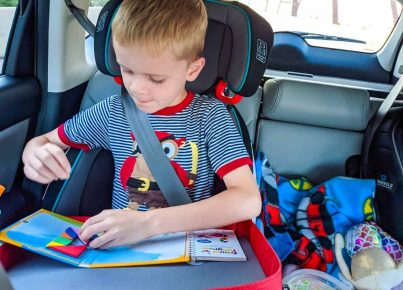One of the most remarkable aspects of education systems across the globe is the diversity in the age at which children start school. This crucial decision often reflects not only educational theories but also cultural values and economic considerations.
In the United Kingdom, for example, children start school at the age of four or five, depending on when they were born. The system includes a reception year that serves as a gentle introduction to the structured school environment. The focus during this phase is on play-led learning, gradually preparing students for more formal education as they progress.
Scandinavia presents an interesting case with countries like Sweden, where children do not start compulsory schooling until they are seven years old. However, they have access to preschool activities from a much younger age, with a strong emphasis on outdoor play and socialization.
France typically starts children in école maternelle at age three. While not mandatory until age six, most parents enroll their kids much earlier. The structure here leans towards academic learning combined with play.
Across the Pacific in Japan, children begin their educational journey at the age of six with a well-defined curriculum that seeks to blend academic skills with character development and group harmony.
In contrast, Australia offers flexibility with starting ages ranging from four-and-a-half to six years old, depending on the state or territory and the child’s readiness as assessed by parents and educators.
Canada’s range is equally broad with starting ages between four and six, varying by province. The emphasis here is often on creating an inclusive environment that accommodates diverse learning needs from an early stage.
Meanwhile, in Brazil, children start escola fundamental at age six after potentially attending two years of preschool (educação infantil). This system aims to integrate children into society and ensure foundational literacy and numeracy skills are developed.
The United States does not have a national standard for starting age but generally sees kids entering kindergarten around ages five or six. Kindergarten readiness programs aim to prepare younger children for this transition through various pre-academic and social experiences.
It’s evident that around the world there is no one-size-fits-all when it comes to starting school. Cultural values, developmental perspectives, and educational goals combine uniquely within each country’s system. Whether it’s through play in Sweden or early academics in France, each approach offers insights into national priorities and child-rearing philosophies.
As research continues to inform best practices in early childhood education, countries may adjust their policies accordingly. What remains central is the commitment to foster young minds during their most formative years in ways that mould them into lifelong learners equipped for future challenges.





